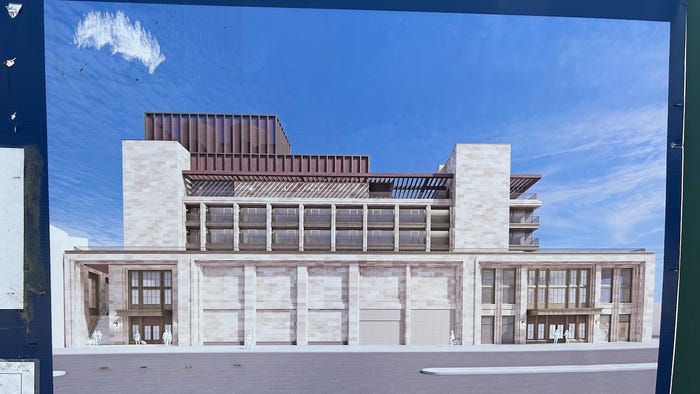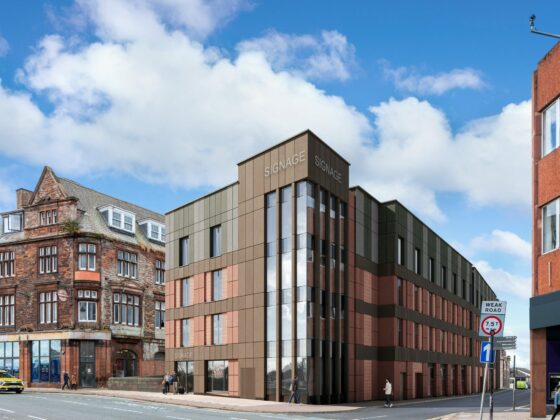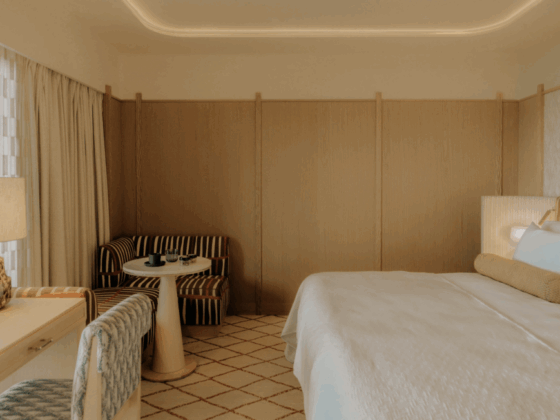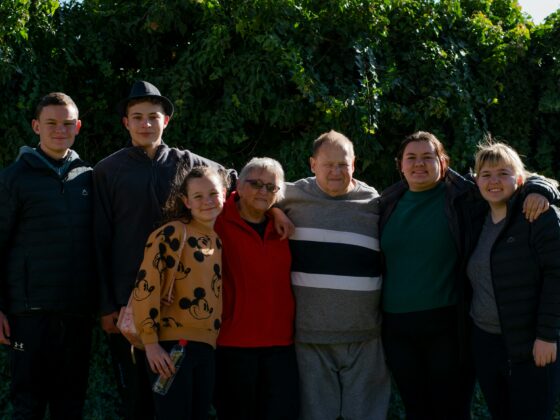Brooklyn, N.Y., has a reputation for being hip and trendy — a hotbed for creative restaurants and bars and other culture. But it’s big. The sprawling borough has dozens of neighborhoods occupied by some 2.6 million people. Parts of it, like Williamsburg and Dumbo, are, indeed, hip and trendy. Other parts, like Midwood and Borough Park, are quiet, almost sleepy by comparison. There are tony, wealthy neighborhoods such as Park Slope and Brooklyn Heights, and high-crime areas such as Brownsville and East New York.
And there’s beachfront property that remains rather underdeveloped, like the adjacent neighborhoods of Brighton Beach and Sheepshead Bay.
That’s where national hospitality group Apicii has set its sights. Led by Tom Dillon, former CEO of Rosa Mexicano Restaurants and Pret A Manger and a veteran of Patina Restaurant Group and Richard Sandoval Restaurants, he and a variety of silent partners opened Breva restaurant on the Brighton Beach boardwalk last December, and they’re developing a boutique hotel overlooking Sheepshead Bay.
The neighborhoods are at the southern edge of Brooklyn, but accessible to Manhattan via the subway while also having sand, surf, and boating.
“If you think how close you are to the city, and to be on a beach — and it’s a beautiful beach … who wouldn’t want to live there if you don’t have to go into the city every day?” Dillon said.
Brooklyn is part of New York City, but when locals refer to “the city,” they mean Manhattan, where more than a million people commute to work.
Although many companies are now requiring their employees to go back to offices as memories of the pandemic recede, 67% still allow some sort of hybrid approach, according to a recent report from Inc. magazine, which adds that many employees are ignoring their boss’s demands that they return to offices anyway.
Dillon and his investors are betting that the shift in workplace culture will be a boon for South Brooklyn.
“It’s probably a little bit early in the transformation of that area … but would you rather be late and pay a lot more, or be early and take more risks?” Dillon said.
He has decided on the latter, and is currently working on developing Casa Pecora, a 55-room boutique hotel with 10,000 square feet of event space, an Italian restaurant, and rooftop bar. It’s being built on Sheepshead Bay’s restaurant row, Emmons Avenue. Most of the restaurants there are across the street from the promenade of the bay itself, where locals fish and boats depart for fishing trips and whale-watching excursions.
Casa Pecora will actually be on the water, across the street from an iconic fast-food roast beef restaurant called Roll-n-Roaster and next to a long-standing Turkish restaurant Rocca, where guests can dine on mezze and kebabs and smoke from hookahs.
The name of the property refers to the bay, pecora being the Italian word for sheep, although the body of water is actually named for the sheepshead fish, an unattractive but tasty fish related to the porgy and sea bream.
Dillon said Casa Pecora is the first significant development on the waterfront “in a very long time … It will be really stunning.”

A rendering of Casa Pecora at its construction site.
“All of the hotels in the neighborhood are very limited service, Days Inn, kinds of things,” he added. “This will definitely be much more of an elevated offering than anything that’s in the neighborhood. … Something you’d see in Dumbo or Brooklyn Heights in terms of design and quality of buildout.”
It’s slated to open in the summer of 2026.
Meanwhile, the same group of investors has taken on a smaller project on Brighton Beach, a restaurant called Breva. It’s a modern American brasserie that opened last December, replacing a Russian restaurant called Volna. It has a 100-seat dining room, 20-seat bar, and, for the summer, a 110-seat patio on the boardwalk facing the beach. It also has a subterranean wine vault that seats 16 to 20 people for private dining.
The kitchen is headed up by Travis McGinty, whose résumé includes stints under big-name chefs Marc Forgione and Harold Dieterle. It offers a raw bar and calamari, as appropriate for a seaside restaurant, as well as creative items such as lobster knuckles served escargots-style with Pernod-based butter sauce and country bread, and caviar tots, which are both on-trend by offering an indulgent ingredient in a casual format, and also in sync with the predominantly Ukrainian and Russian neighborhood whose residents favor caviar. The side dish of pan-seared potatoes & mushrooms is also a nod to locals, Dillon said, as is the 75-bottle “Book of Vodka.” The drink menu includes watercolor images of the cocktails, as well as a “Martini My Way” section that allows guests to choose gin or vodka; a dry, dirty, up, Gibson, or pickle preparation; and a choice of garnish such as lemon, olives, blue cheese olives, onions, or gherkins. It can also be prepared stirred, shaken, or “shaken hard.”
The cocktails are priced from $14 to $17; appetizers are $14 to $19, and entrées such as poached black bass, wild mushroom tagliatelle, and a black Angus steak-frites, are priced from $24 to $48.
Apicii removed the building’s façade, providing an unobstructed view of the beach, but maintained Volna’s brick arches and other design elements, such as prints and photos of Brighton Beach and neighboring Coney Island.
Dillon said the December opening on the windswept beach was tough, “but we’re super busy now.”
Besides, these investments are not for quick returns.
“This is a long-term development, not a three-year or four-year kind of project … It’s [based on] the thesis that the neighborhood will gentrify more.”
Contact Bret Thorn at [email protected]







